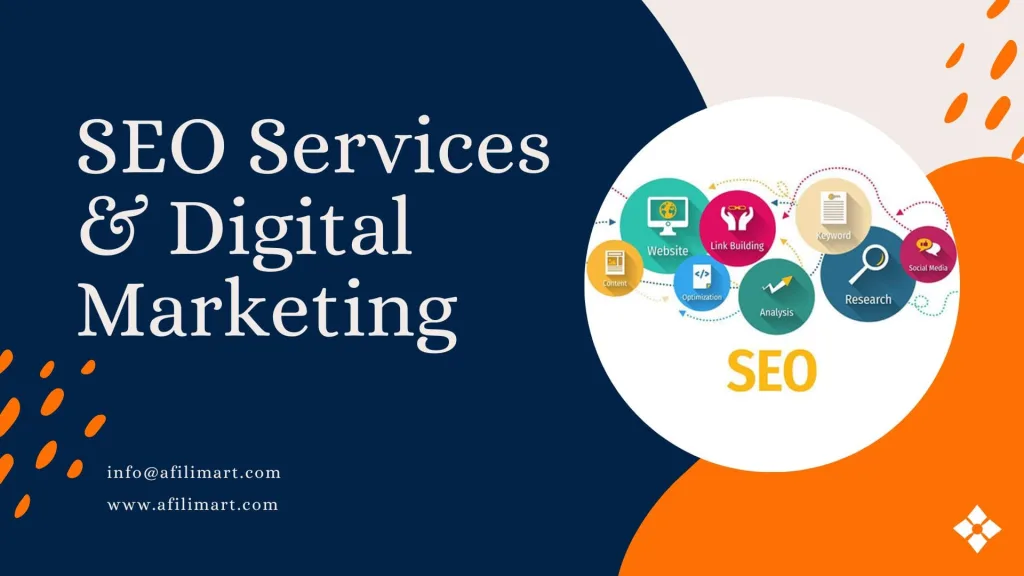Customer loyalty is the lifeblood of any successful business, serving as a powerful engine for sustained growth and profitability. In today’s fiercely competitive marketplace, cultivating a loyal customer base is more critical than ever.
Customer loyalty is when customers consistently choose one brand over others. It’s built on trust, positive experiences, and perceived value, leading to repeat purchases and advocacy.
So, if you’re ready to unlock the secrets to building unwavering customer loyalty and fostering lasting relationships, you’ve come to the right place.
Join us as we delve into a comprehensive exploration of strategies aimed at boosting customer loyalty and retention, equipping you with the tools you need to thrive in the ever-evolving world of commerce.
15 Strategies for Boosting Customer Loyalty and Retention
- Personalized Customer Experience
- Outstanding Customer Service
- Loyalty Programs and Incentives
- Post-Purchase Engagement
- User-Generated Content and Reviews
- Seamless Omnichannel Experience
- Continuous Improvement through Data Analysis
- Social Media Engagement
- Seamless Checkout Process
- Exclusive Offers and Early Access
- Continuous Communication
- Social Responsibility and Sustainability
- Continuous Innovation and Adaptation
- Surprise and Delight
- Continuous Feedback Loop
Personalized Customer Experience
One of the most effective ways to enhance customer loyalty is by providing a personalized shopping experience. By leveraging customer data and employing advanced analytics, e-commerce businesses can offer personalized product recommendations, tailored promotions, and customized communication based on individual preferences and purchase history.
This level of personalization makes customers feel valued and understood, increasing the likelihood of repeat purchases.
Outstanding Customer Service
Exceptional customer service is a cornerstone of customer loyalty. E-commerce companies should strive to provide timely and helpful support across various channels, including live chat, email, and phone.
Promptly addressing customer inquiries, resolving issues efficiently, and demonstrating empathy can go a long way in building trust and loyalty. Investing in training and empowering customer service representatives to deliver top-notch assistance is crucial.
Loyalty Programs and Incentives
Implementing a well-designed loyalty program can be highly effective in driving repeat purchases. E-commerce businesses can offer rewards, discounts, exclusive access to new products, or free shipping to customers who join their loyalty program
By incentivizing repeat purchases and creating a sense of exclusivity, these programs encourage customers to stay engaged and loyal to the brand.
Post-Purchase Engagement
Engaging customers after a purchase is crucial for building long-term loyalty. Sending personalized thank-you emails, requesting feedback, and offering assistance or additional recommendations related to their purchase can make customers feel valued and appreciated.
Additionally, e-commerce businesses can utilize marketing automation tools to implement targeted email campaigns that nurture customer relationships and drive repeat sales.
User-Generated Content and Reviews
Incorporating User-Generated Content (UGC) and customer reviews into an e-commerce website can significantly impact customer loyalty.
UGC, such as customer photos, videos, and testimonials, adds authenticity and social proof to the shopping experience. Encouraging customers to leave reviews and ratings for products they have purchased not only helps other shoppers make informed decisions but also fosters a sense of community and trust around the brand.
Seamless Omnichannel Experience
With the proliferation of multiple digital touchpoints, providing a seamless omnichannel experience is vital for customer loyalty. E-commerce businesses should ensure that their website is optimized for mobile devices, as more customers are shopping on smartphones and tablets.
Additionally, integrating offline and online channels, such as offering in-store pickup for online orders or allowing returns at physical locations, creates convenience and enhances the overall customer experience.
Continuous Improvement through Data Analysis
E-commerce businesses should leverage data analytics to gain insights into customer behaviour and preferences. By tracking key metrics, such as customer lifetime value, purchase frequency, and cart abandonment rates, businesses can identify areas for improvement and implement targeted strategies.
Regularly analyzing customer data enables businesses to refine their marketing campaigns, optimize the user experience, and tailor offerings to meet customer demands effectively.
Social Media Engagement
Social media platforms offer tremendous opportunities for e-commerce businesses to connect with customers and cultivate loyalty. By actively engaging with customers on social media channels, responding to comments, and sharing relevant content, businesses can build a community of brand advocates.
Additionally, leveraging social media advertising and influencer collaborations can help expand the reach and visibility of the brand, attracting new customers while reinforcing loyalty among existing ones.
Seamless Checkout Process
A streamlined and hassle-free checkout process is essential for reducing cart abandonment and improving customer loyalty. E-commerce businesses should optimize their checkout pages, minimizing the number of steps required and simplifying the form-filling process.
Incorporating guest checkout options, saved payment information, and offering multiple payment methods can enhance the overall experience, encouraging customers to complete their purchases and return in the future.
Exclusive Offers and Early Access
Providing exclusive offers and early access to new products or promotions to loyal customers can create a sense of exclusivity and reinforce their commitment to the brand.
E-commerce businesses can send personalized emails or create dedicated loyalty tiers, where customers who have reached a certain threshold of purchases or engagement receive special benefits.
These exclusive perks make customers feel valued and appreciated, strengthening their loyalty.
Continuous Communication
Regularly communicating with customers through targeted email campaigns, newsletters, or push notifications helps to keep them engaged and informed about new products, promotions, or upcoming events.
By providing valuable content and relevant information, e-commerce businesses can nurture customer relationships, stay top of mind, and encourage repeat purchases.
It is essential to strike a balance between being informative and not overwhelming customers with excessive communication.
Social Responsibility and Sustainability
In today’s socially conscious landscape, demonstrating social responsibility and sustainability can resonate deeply with customers.
E-commerce businesses that align themselves with causes or incorporate eco-friendly practices into their operations can attract and retain customers who share those values.
Communicating these efforts through transparent messaging and showcasing initiatives can foster a sense of loyalty among customers who appreciate the brand’s commitment to making a positive impact.
Continuous Innovation and Adaptation
Stagnation can lead to customer disengagement and attrition. E-commerce businesses should continuously innovate and adapt to changing market trends and customer preferences.
This can involve introducing new products or services, improving the user experience, or adopting emerging technologies. By staying ahead of the curve and offering fresh and exciting experiences, businesses can capture the attention of their customers and maintain their loyalty.
Surprise and Delight
Going above and beyond to surprise and delight customers can create memorable experiences that foster loyalty. E-commerce businesses can include unexpected gifts, handwritten notes, or personalized recommendations based on previous purchases.
This ensures businesses leave a lasting impression, generate positive word-of-mouth, and inspire customers to remain loyal advocates for the brand.
Continuous Feedback Loop
Actively seeking and incorporating customer feedback is crucial for understanding their needs and preferences. E-commerce businesses can implement surveys, feedback forms, or product review requests to gather insights.
This ensures businesses demonstrate their commitment to improving the customer experience and building long-term loyalty.
Final Thought
Boosting customer loyalty and retention in the e-commerce industry requires a comprehensive approach that encompasses personalization and exceptional customer service. Offering loyalty programs, post-purchase engagement, user-generated content, omnichannel experience, data analysis, social media engagement, and more.
These strategies can help businesses foster strong customer relationships, drive repeat purchases, and thrive in today’s competitive digital landscape.









